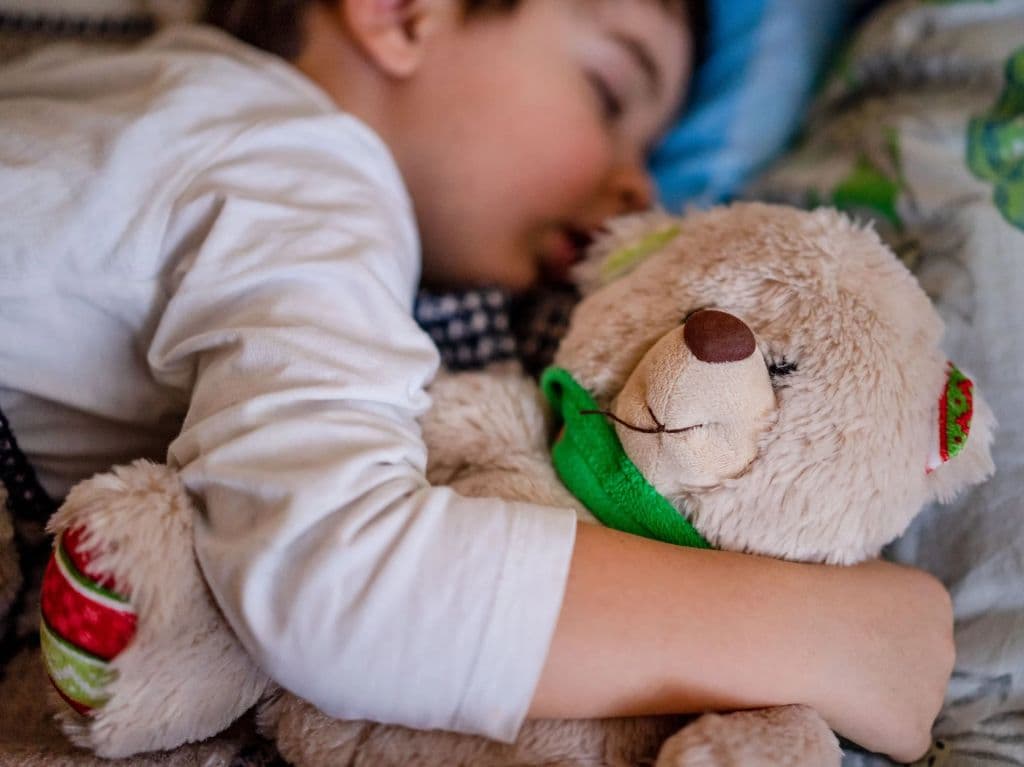For some children, being away from home for a long period of time can be scary. This feeling is common and shouldn't stop them from going to summer camp, spending time away from home and having fun. Even though it can be challenging for parents to know their children will have this feeling, there are many ways in which they can help reduce homesickness and teach their kids to cope with it when they are away from home. Here are some ways to do it:
Preparation
It’s important that you and your child have open communication about the experience they will have and the upcoming separation. Let them know that homesickness is a very common feeling and that they can talk about any concerns that they may have about their time away from home. While discussing, make sure to also reassure them on the positive aspects of summer camp and exciting activities that they will participate in. Share stories of your experiences with homesickness when you were a child and how you coped, as well as the positive outcomes of those experiences.
Familiarize with the environment
If possible, you and your child can visit the camp or location before their actual stay, this way, they can get to know the premises and once they get there for summer, they won’t feel as lost. Familiarity can reduce anxiety and make them feel safer in a new environment. If visiting is not an option, there are many ways in which you and your child can become familiar with the camp. Explore the camp web page and go through the information together, some camps even have profiles of their staff, pictures of their areas and cabins and even the schedule.
Comfort Items
Bringing familiar objects to camp can help them cope with being away from home. Comfort items can provide a sense of security, so you should ask your child which item makes them feel this way; it can me a stuffed animal, a blanket, a family photo or even an item of clothing.
Establish a Communication Plan
Establish a plan for regular communication, whether it's through letters, emails, or scheduled phone calls. Knowing they can connect with home can be reassuring for the child and writing back with their experience can help them process it. When contacting your child while in summer camp, make sure to phrase their being away as a positive experience and be reassuring.

Create a Countdown
Having a countdown to the beginning of summer camp can be a good way for them to look forward to this experience. Talk about the exciting activities that they will take part in and are excited about to build anticipation and help shift focus from anxiety to excitement; this anticipation can also help them cope with a new environment once they are there.
Involvement in Decision Making
It’s important to involve your child in the process of summer camp, from researching different camps and choosing one, to registering and packing. Allow them to tell you what they think about the camp options, choose what items they want to take and make decisions that affect their summer experience. This way they’ll feel more in control of their summer camp and will exercise their decision making skills for when they’re there.
Encourage Independence
Always reinforce the idea that they are capable of handling the experience independently. Building confidence in their abilities can reduce feelings of helplessness and help them feel safer when they are introduced to a new environment and surrounded with new people.
Relaxation Techniques
Teach your child relaxation techniques that might help them to calm down in stressful and anxious moments. Breathing exercises are a good technique; by controlling your breathing you may feel more in control of the situation and shift focus to your body instead of stressing thoughts. Visualizations are other relaxation techniques that may also work for your child to feel calm; encourage your child to visualize positive and calming scenes when they miss home and memories or ‘happy places’ that help them feel safe and centered. This technique can help shift their focus from negative thoughts to positive imagery, remember to practice them with your child before they leave.
Memories and Achievements
Talk about what your child wants to accomplish on summer camp and encourage them to keep a journal, take pictures or do something to document their experiences and have a tangible memory to share with you. When they are back, ask them about their achievements and experiences, celebrate their successes and provide positive reinforcement.

Stay Positive and Supportive
Maintain a positive attitude and express confidence in your child's ability to handle the separation. Avoid expressing your own anxieties or insecurities in front of them.Reassure your child that your love and support are unconditional and everything will be alright while they are not home. Remind them that you'll be there to welcome them back with open arms.
It’s natural for children to experience homesickness, but these feelings usually diminish over time as they become more familiar with their surroundings. By employing these techniques, parents can play a significant role in helping their children navigate and cope with homesickness during periods of separation. These tips not only help children feel calmer during camp, but also parents feel safe when they’re child is away from home for a long period of time.
